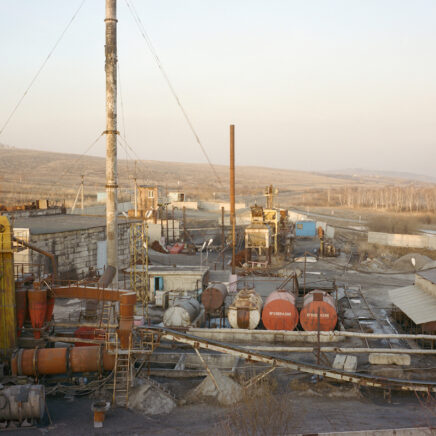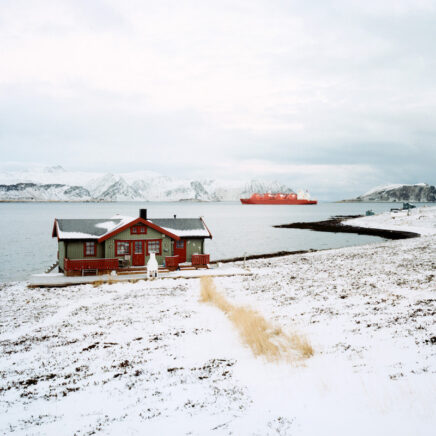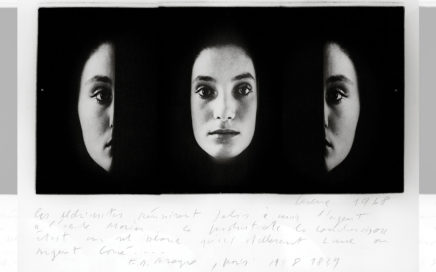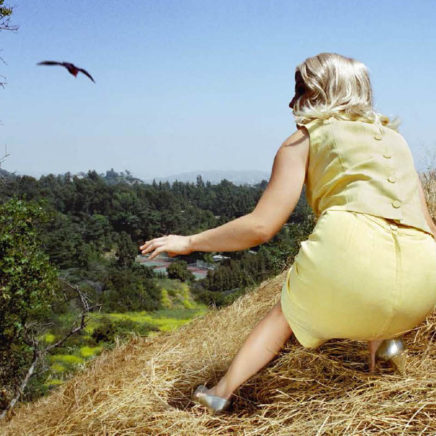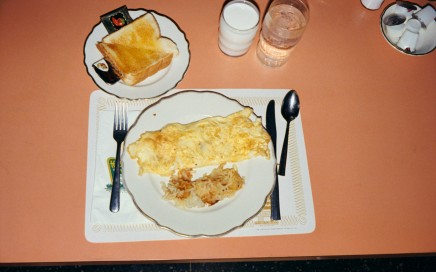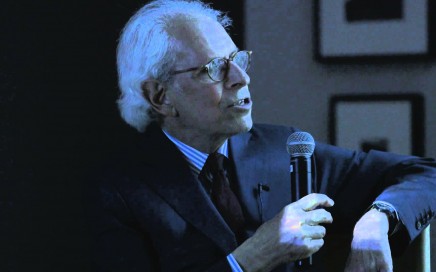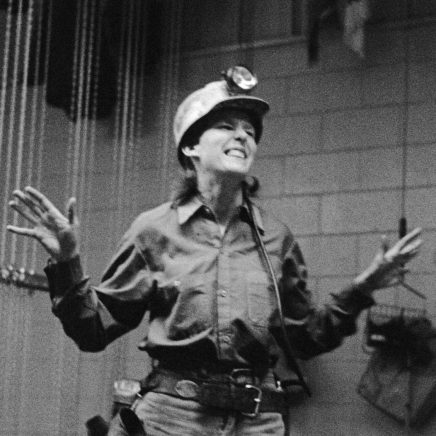
Bertien van Manen – Gluckauf
Coal mining is a very peculiar enterprise. The 19th and 20th Centuries committed untold heaves of labor to its extraction. It fuels communities, yet its extraction suggests a disemboweling of the land where these communities settle. The prospect of coal mining is one of capital and capitalism. The very human clay that mines these enterprises […]
